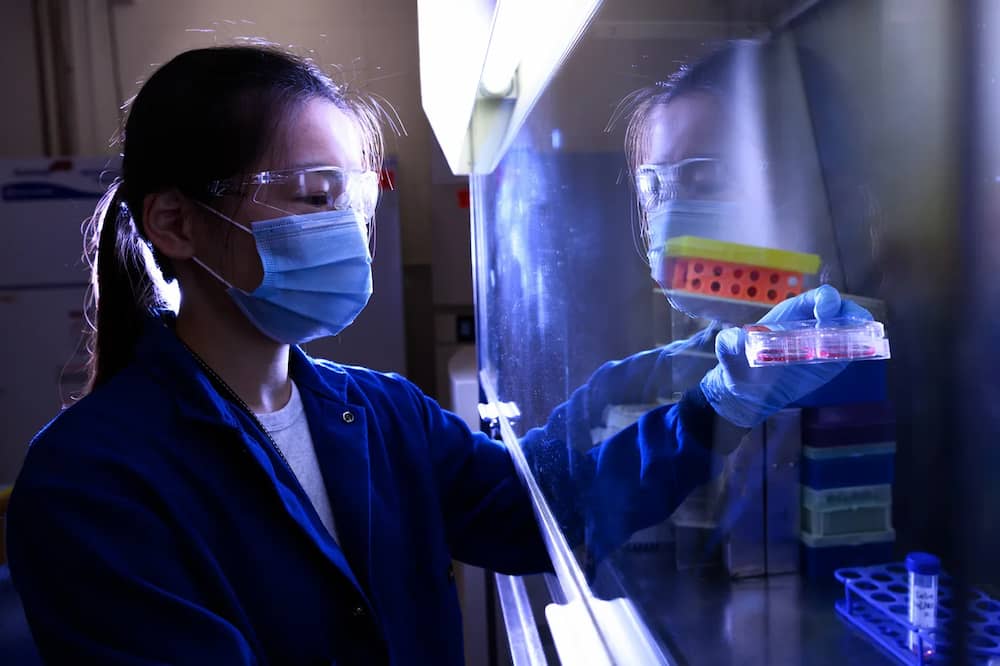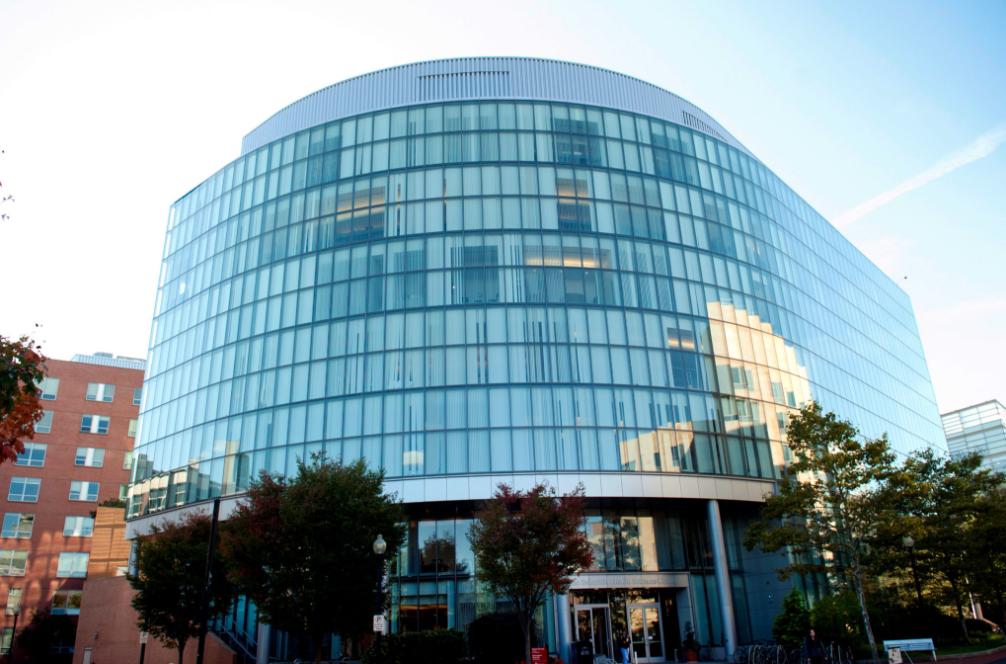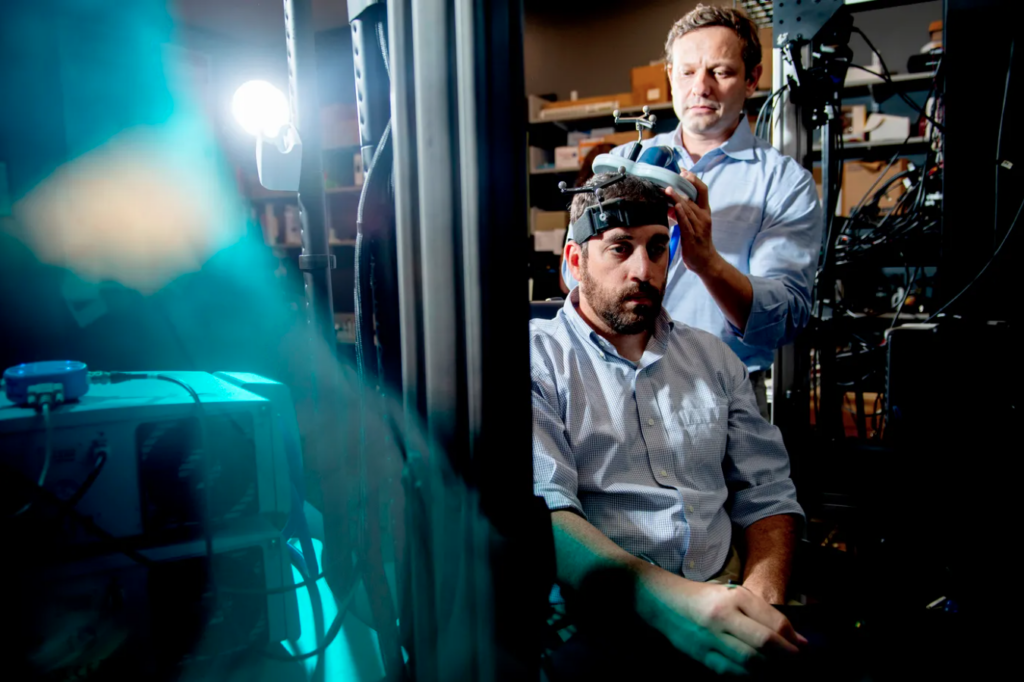Pancreatic cancer is one of the most deadly of malignancies, with a five-year survival rate of 11%.
The American Society of Clinical Oncology says nearly 50,000 men and women in the United States die from the disease annually, making it the fourth leading cause of cancer death in the country.
Now scientists from Northeastern University are partnering with UC Davis and drug developer TargaGenix on the final research stages of a new therapeutic model they say could transform treatment for pancreatic cancer and potentially save thousands of lives every year.
The researchers, who recently received a $3 million five-year grant from the National Institutes of Health, will work on mouse efficacy and safety trials at Northeastern for the next three years.
If all goes well, the next step is to start clinical trials in years four and five on pancreatic cancer patients at the UC Davis Comprehensive Cancer Center.

“It’s not just testing it in mice and then coming out and saying, ‘We’ve cured a lot of mice,’” says Mansoor Amiji, distinguished professor of pharmaceutical sciences and chemical engineering at Northeastern and a lead investigator on the NIH study.
“Now we want to see that this can actually happen in the clinic. That’s why the UC Davis collaboration is so important. They have a hospital and are actually treating pancreatic cancer patients,” says Amiji, who is also the scientific adviser for TargaGenix, now known as Recurv Pharma.
Continue reading at Northeastern Global News.




